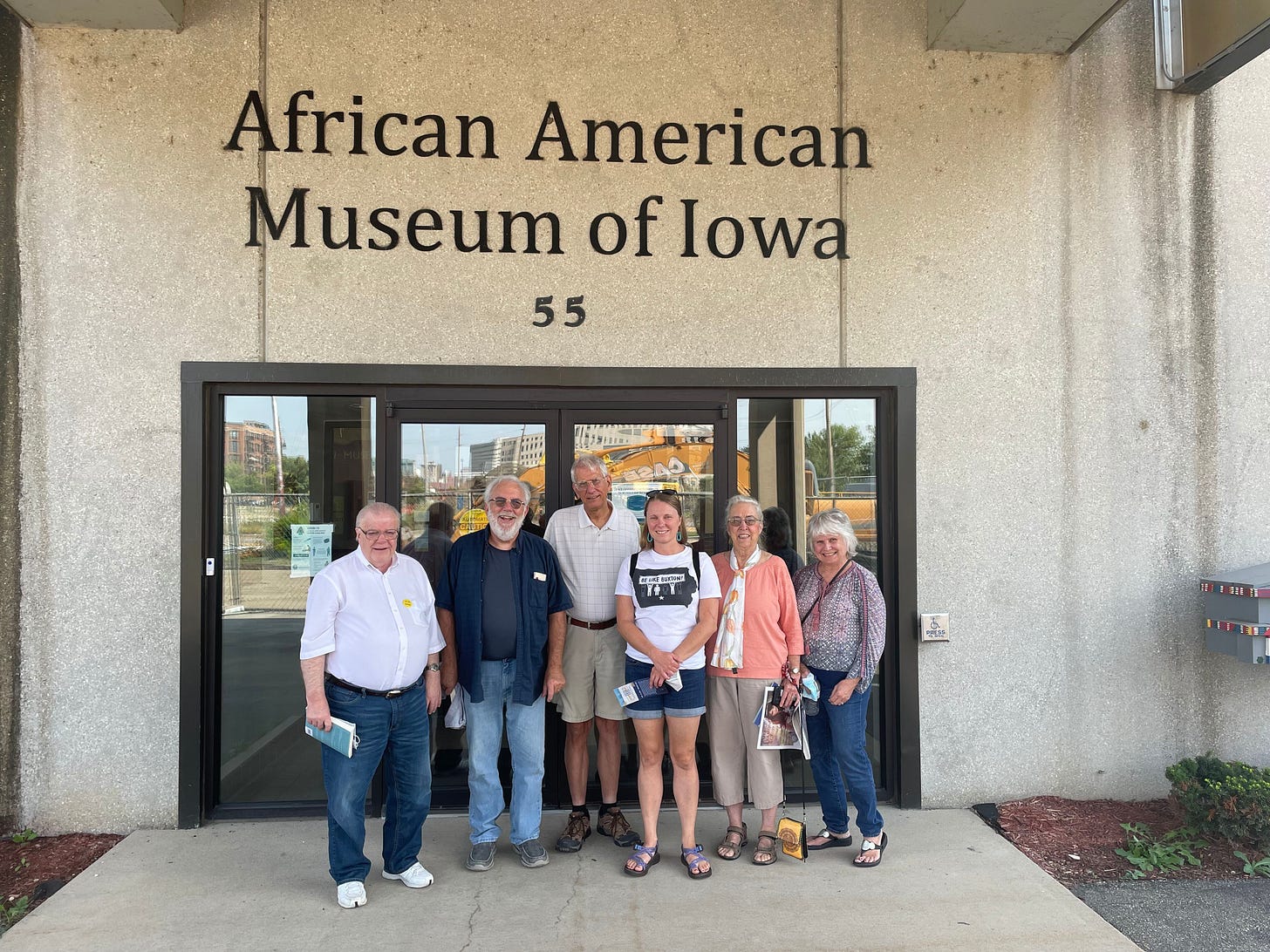
This is my final post for Black History month. I really hope these posts have been helpful to you as you work through your own perspectives and views ab…
Keep reading with a 7-day free trial
Subscribe to Things We Don't Talk About Like Politics & Religion to keep reading this post and get 7 days of free access to the full post archives.



